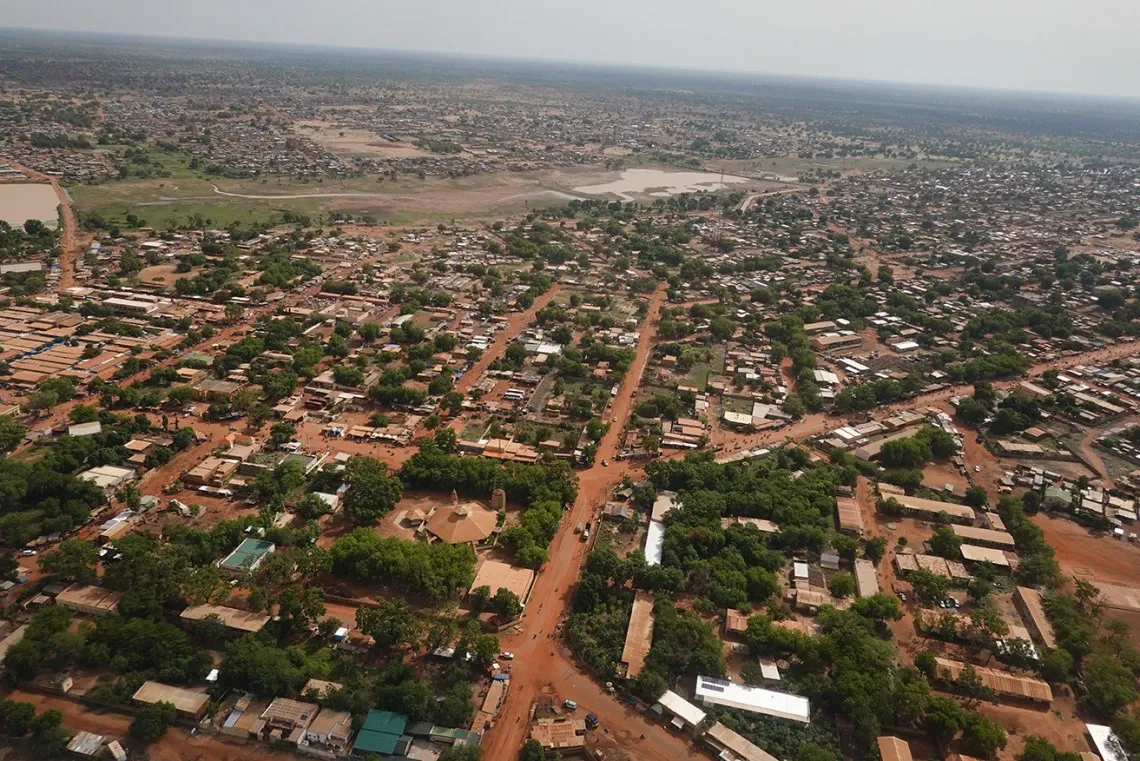
Africa has become the largest French-speaking region in the world, surpassing even France in the number of people who speak the language. This linguistic dominance is rooted in the continent’s colonial history, with French becoming one of the most widely spoken languages in many African countries today.
Colonial Legacy and the Spread of French
During the 19th and 20th centuries, France colonized large parts of Africa, establishing French as the language of administration, education, and governance in regions stretching from West to Central Africa. Today, 21 African countries count French as an official or widely spoken language, with millions of people relying on it for everyday communication, business, and diplomacy.
Countries like the Democratic Republic of Congo (DRC), Ivory Coast, Senegal, Cameroon, and Mali boast some of the highest French-speaking populations in the world. In fact, the DRC alone is home to over 90 million people, the majority of whom speak French, making it the second-largest French-speaking country globally after France.
Growing Number of French Speakers
Africa’s young and rapidly growing population is a key factor driving the increasing number of French speakers on the continent. With over 120 million French speakers today, experts estimate that by 2050, Africa will account for around 85% of the world’s French-speaking population. Countries like Niger, Chad, and Burkina Faso have particularly high birth rates, contributing to this surge.
In many African countries, French continues to serve as the language of instruction in schools and universities, further embedding it into the cultural and educational fabric. As economies in Francophone Africa grow and develop, the importance of French as a tool for international business, diplomacy, and technology also increases.
French in Everyday Life
French remains a vital language for communication across Africa, particularly in multinational and multicultural settings where different ethnic groups may have distinct local languages. In urban areas, French is commonly spoken in markets, workplaces, and political institutions. The media, including television, radio, and print, often broadcast in French, ensuring its widespread use.
However, African French has evolved and often differs from the European version. Local dialects and indigenous languages influence pronunciation, vocabulary, and even grammar, creating a unique linguistic blend in each country.
The Future of French in Africa
As Africa’s population continues to expand, French is poised to grow even more prominent on the global stage. Institutions like the International Organisation of La Francophonie, which promotes French language and culture, play a crucial role in fostering French linguistic heritage across Africa.
While French remains deeply entrenched in the continent, the future of the language in Africa will depend on how countries balance their colonial past with their indigenous languages and identities. Nonetheless, French’s position as a leading language in Africa appears secure, reinforcing the continent’s role in shaping the future of the Francophone world.
In a continent as linguistically diverse as Africa, the prevalence of French showcases the powerful impact of history, culture, and globalization on language. As French continues to evolve and expand across Africa, it serves as both a bridge between nations and a symbol of Africa’s growing influence on the world stage.
